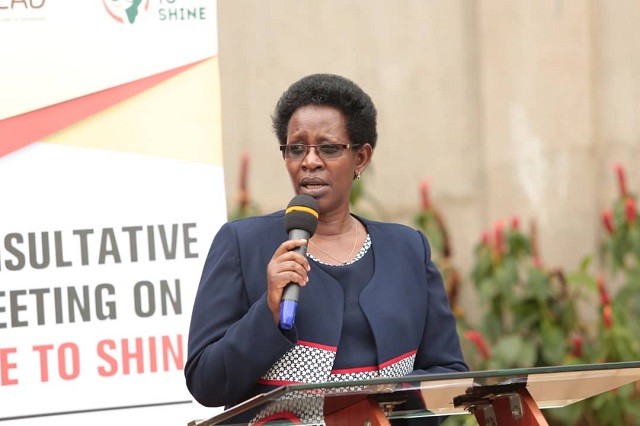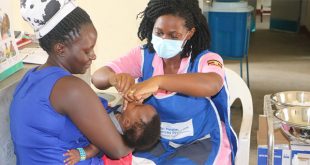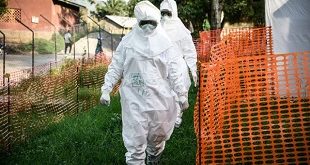
Kampala, Uganda | THE INDEPENDENT | More than 7,000 high risk travellers that are believed to have entered the country between March 7 and March 20, 2020, were never tested for COVID-19.
The call to test the travellers came at a time when all the country’s confirmed COVID-19 cases were from returnees who had travelled abroad and returned to the country at the peak of the pandemic in Asia, Europe and America’s.
In the aftermath, the Ministry of Health listed a total of 18,128 travellers to follow up. However, only close to 11,000 travellers were identified, out of which only 62 per cent were tested. The Ministry records show that out of those who were tested, only 48 tested positive for COVID-19 and were subsequently isolated for treatment.
Dr Diana Atwine, the Ministry of Health Permanent Secretary says that some people were not tested because there was no scientific proof to support the testing of travellers more than 30 days after they had returned.
Dr Atwine hastens to add that people should not be alarmed by the untested cases. “The people we were not able to test were few. And if they had been sick, we would have seen more cases coming up from communities but we have not,” she said.
According to scientists it normally takes two to 14-days for the virus to be detected using nose and throat samples. However, in some countries, cases have been detected even after as many as 30 days. For instance, the first case that was confirmed in South Sudan was a 29-year-old female who tested positive on April 4, 2020, after having returned from the Netherlands via Addis Ababa on February 28, 2020.
Two weeks ago, the health ministry teams were still in the field picking samples from Ugandans who had travelled abroad. For some, the samples were picked 60 days after they had returned. But Dr Atwine says samples taken this month will not show anything that is already not known scientifically.
“If we could carry out antibody tests, that information would be useful. But now we cannot and are still using PCR tests. If samples are still being taken, they will show that people are negative,” she said.
Atwine, adds that the health ministry shifted from testing high-risk travellers to concentrating on the Rapid Assessment that was launched at the end of the March after the country began getting many positive cases among truck drivers.
“We opted for the repaid assessment because after 20 days, chances of getting people who still had the virus in their throat or nose were few. So we moved on at the end of April,” she said.
As of today, 198 cases of COVID-19 have been confirmed in Uganda. From these over 65 have been discharged from hospitals.
*********
URN
 The Independent Uganda: You get the Truth we Pay the Price
The Independent Uganda: You get the Truth we Pay the Price



